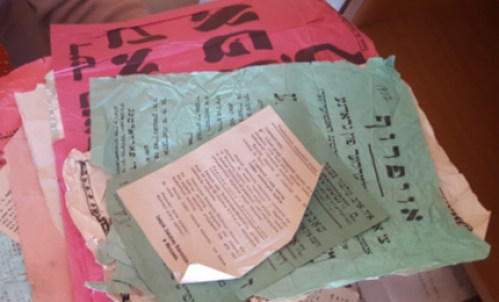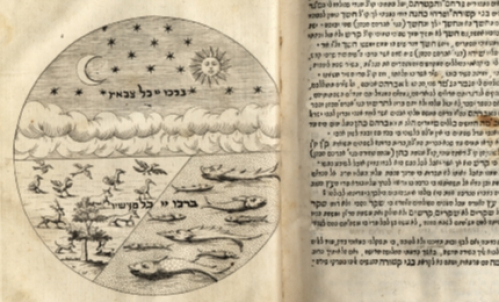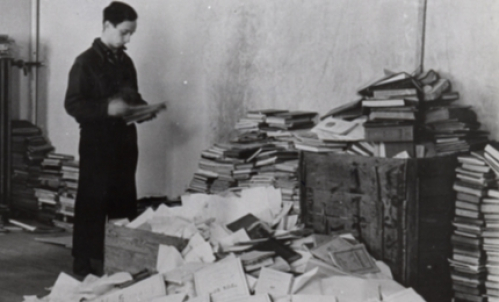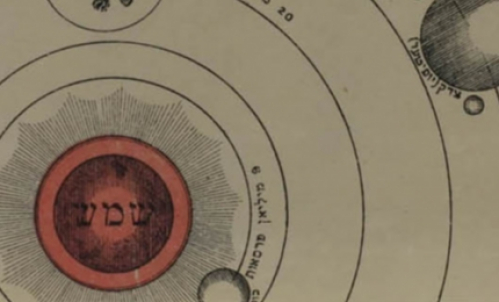Poetics of Arrival or Return?: Laying the Path toward Industrial Utopia in Peretz Markish’s 'Der fertsikyeriker man'
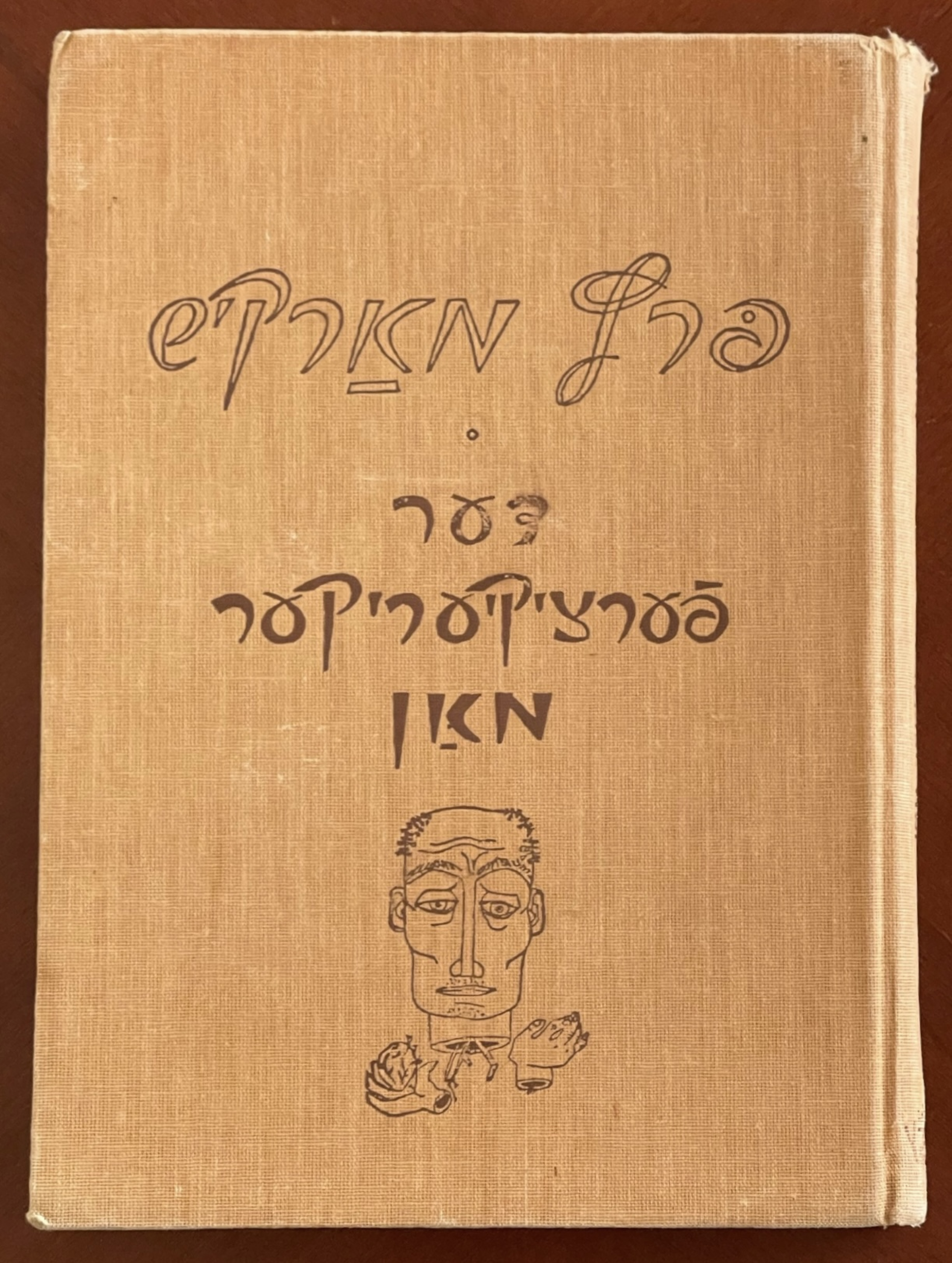
|
Max Weinreich Fellowship Lecture in East European Jewish Literature
The Vladimir and Pearl Heifetz Memorial Fellowship and the Vivian Lefsky Hort Memorial Fellowship Admission: Free |
By the time his pogrom poema Di kupe (The Mound) was first published in Warsaw in 1921, Peretz Markish had already begun work on his self-proclaimed magnum opus Der fertsikyeriker man (The Forty-Year-Old Man; Tel Aviv, 1978), an unrealized contribution to the corpus of Comintern art and literature that appeared in the Soviet Union and throughout the world in the 1920s and 30s.
This talk examines the factors that led Markish to pivot so forcefully from his early abstract expressionism to increasingly ideological writing and demonstrates how this shift is revealed through his verse. This rereading of Di kupe presents the poema as a literary monument to destruction as read through the framework established by Svetlana Boym. In this regard, Di kupe serves as a point of departure for Der fertsikyeriker man, which becomes another literary monument that, through its odic genre form and prophetic mode, ritualizes the pursuit of industrial workers’ utopia in an abstract yet inconspicuously Soviet landscape. He adopts the prophetic mode to substantiate an ideal of proletarian messianism that drives his poetic persona to seek an escape from the world of profane chaos and violence to an industrialized sublime. As an Eastern European Yiddish poet, Markish was born into a nation without a land but a fixation on the Book and the Temple; his book Der fertsikyeriker man envisions not the restoration of the Temple in Jerusalem, but the construction of the factory as the fulfillment of this different, proletarian messianism. By presenting his vision as prophecy, Markish indicates that the industrial utopian project remains an unrealized work in progress—a common goal to continue building toward.
About the Speaker
Roy Ginsberg is a PhD candidate in the Department of Slavic Languages and Literatures at Harvard University. His research interests revolve around Russian and Yiddish modernisms and the role of the arts and literature in creating and redefining ideological identities over the course of the 20th century. He is currently working on his dissertation project “Building the Ratn-Farband: Monumentalizing the Soviet Utopian Project through Yiddish Art and Literature.” He is the recipient of the Vladimir and Pearl Heifetz Memorial Fellowship and the Vivian Lefsky Hort Memorial Fellowship in Jewish Literature at the YIVO Institute for Jewish Research for 2022-2023.
